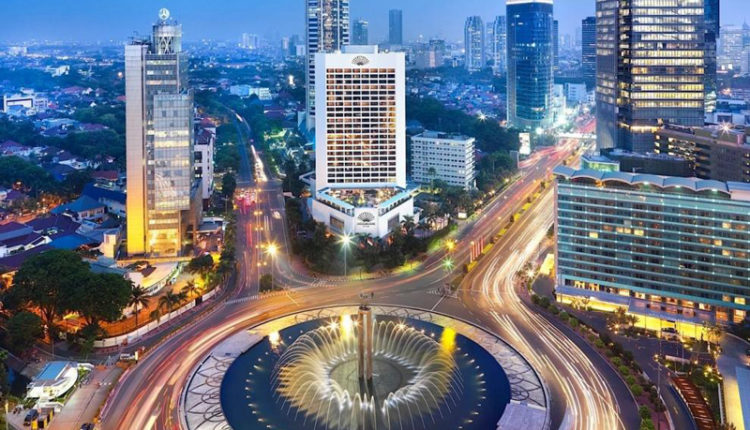I was struck by the irony of the situation while trying to catch some sleep in a luxurious hotel at Lagos set in a known developing country like Nigeria, before my next day’s lecture in January 2010. I was to speak at ECOWAS (Economic Community of West African States) meeting, organised by FICCI (Federation of Indian Chambers of Commerce and Industry) and the topic was ‘Replicating Indian Green Revolution model on African soil’. While I was going through my presentation and referring to some articles, I realized that it is a big challenge to implement the ideas that I had in mind for replicating Indian green revolution model in Africa especially focussing through seeds- intervention…
It is important to mention that the development of India’s seed industry as well as Green Revolution, were largely directed and supported by public investments and policy framework.
Agriculture scientist and globally acclaimed Nobel Laureate Dr Norman Borlaug and father of Indian Green Revolution Prof Swaminathan have said many times,
Success story of Indian green revolution is attributed to synergy of three pillars: strong political will, support of the scientific community and immense desire of farmers to adopt the technology
Even then, I believe that the benefits of India’s agricultural transformation were not equitably distributed across the country or among socio-economic groups. I realized that if Africa is to enjoy an agricultural transformation that creates broad developmental benefits, then the public sector as well as civil society institutions will need to play a crucial role. Dr Borlaug’s efforts in Africa gave somewhat disappointing results where there was no arrangement for procuring surplus grains from farmers at an assured minimum support-price and thus it became clear that high yielding varieties alone would not help accelerate production unless coupled with other essential inputs, particularly remunerative prices for the produce and assured marketing and distribution opportunities. It was the well-proven experience of PDS (Public distribution system) and FCI (Food Corporation of India) which dealt with world’s largest procurement and distribution of grains in India during and post Green Revolution.

